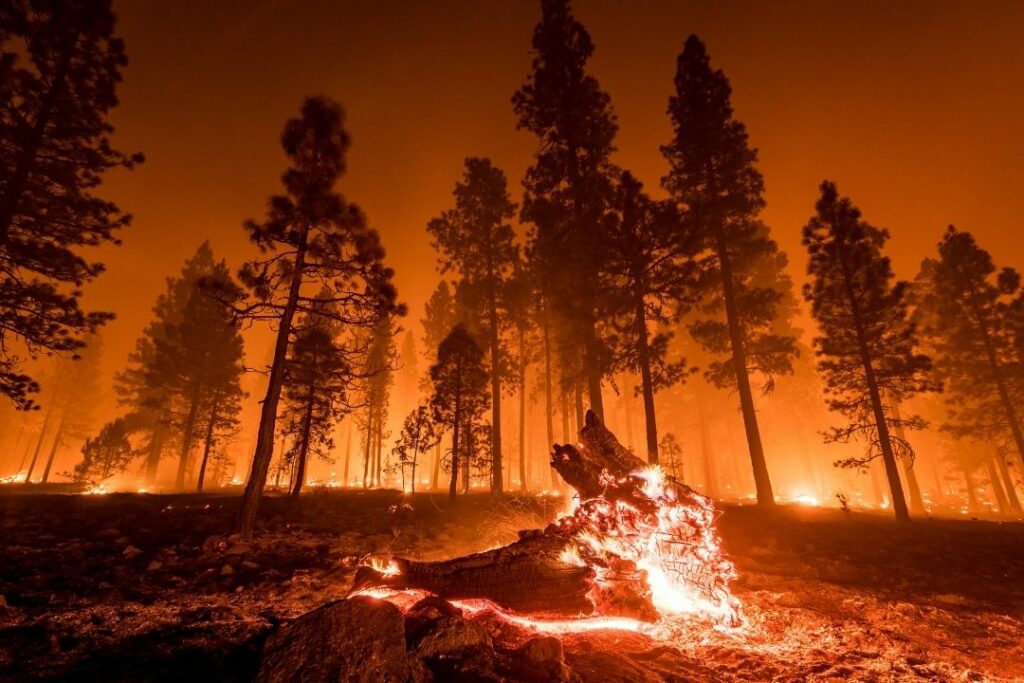
Wildfires and climate change affect us all, and while some wildfires are natural events, the truth is that human activity is responsible for most wildfires today. Unfortunately, climate change is a significant factor in the number of fires and their intensity, and wildfires affect our global climate.
This means that governments, businesses, and individual citizens all have a role to play in preventing and mitigating the damage caused by wildfires every year.
Long-Term Wildfire Management
Wildfires are a natural part of our ecosystem, but climate change has made them more frequent and dangerous. Climate change itself is the bigger factor in wildfire management.
The long-term process of repairing infrastructure and natural resource damages caused by the fire can be costly and, in some cases, impossible to recover from. Climate change is not always easy to see, but wildfires are one tangible result of climate change that has a major environmental impact.
Mitigation and Preparedness
There are several ways to reduce the risks of a wildfire, and many of these solutions do not require investing in new technology. For example, building codes can help reduce the risk of wildfire damage to homes by requiring fire-resistant roofing materials and other measures that provide extra protection for structures.
With wildfires becoming increasingly common, firefighters across the globe put their lives at risk to help contain the flames. There are many different roles in wildland firefighting, and these brave men and women work hard year after year to save property, lives, and our planet.
Wildfire Damage to Homes
Every year hundreds of homeowners lose their homes to uncontrollable wildfires. To reduce the risk of wildfire damage to your home, you should ensure that it is fire resistant. A home must have fuel-resistant construction materials and non-combustible building materials to be fire safe.
Also, it would help if you used non-flammable landscaping so there are no plants or trees near your house that can easily catch on fire. If you live in an area where wildfires are common, consider purchasing insurance for your property against these types of damages specifically.
Regional and Global Climate
Wildfires impact climate change because they emit massive amounts of carbon dioxide and other pollutants that can affect the regional and global climate. Carbon dioxide is a greenhouse gas; it traps heat in the atmosphere, contributing to global warming.
In addition to wildfires releasing the gas themselves, trees and other plants emit carbon dioxide when they burn, releasing additional CO2 into the atmosphere.
Climate change is not going away, and there is a connection between the climate that helps perpetuate these flames and the flames themselves contributing to global warming. Because wildfires and climate change affect us all, we must act now before we do any more damage to the environment.




